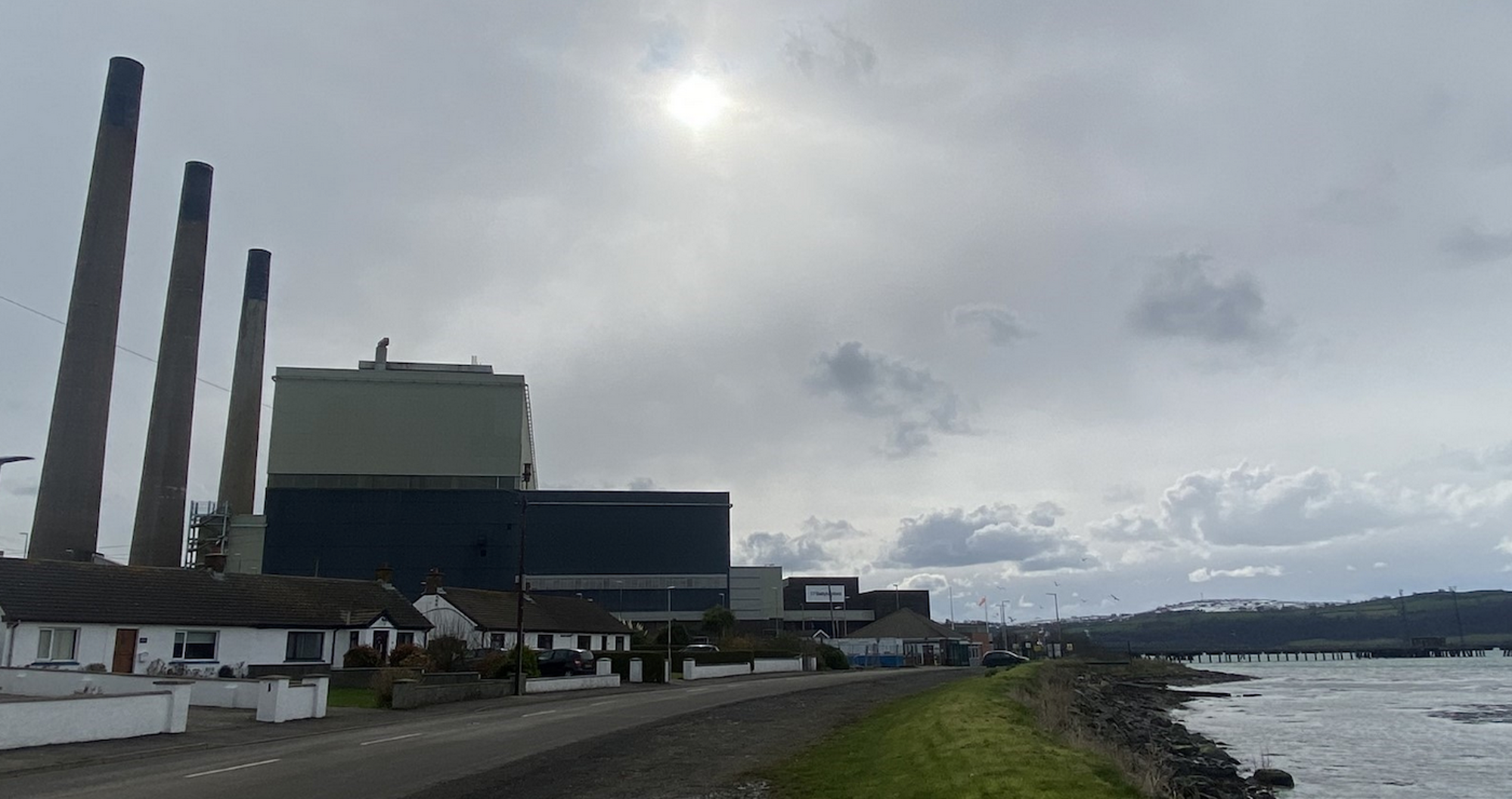
Electricity in Northern Ireland
Electricity in Northern Ireland
Electricity in Ireland developed functionally independently of Great Britain.
In engineering terms, the system was separated in engineering and ownership terms from the opening of the first power stations in the late nineteenth century. As electricity ownership became more important to industry, commerce and daily life, and reliant on larger more efficient plant, it was centralised under a single Northern Ireland Electricity Service in 1973, ahead of privatisation in the 1990s.
During the conflict, the electricity system was affected by political tensions and it was also targeted. In 1975 an interconnection with the South which was established in 1970 was blown up, leaving Northern Ireland’s electricity system once again independent until the formation of interconnectors with both the South and Scotland in the 1990s.
These are just two moments from the history of Northern Ireland's electricity system selected from archives. They demonstrate perhaps unexpected alignments between politicians from opposing sides of constitutional politics.
In 1967, the governments of Ireland and Northern Ireland signed an agreement which committed to the opening of the interconnector three years later. Erskine Childers, the Irish Minister for Transport and Power and Posts and Telegraph met with Brian Faulkner, the Minister of Commerce. Childers went on to become the Irish President whilst Faulkner gained a reputation for hardline Unionism and opposition to Irish republicanism and nationalism, eventually serving as Northern Ireland's last prime minister before devolution was suspended by the British government.
Two years prior to the agreement, Faulkner had been keen to promote a spirit of cooperation as investigations into possibilities began:
"Cooperation between the North and the South on a practical basis, between businessmen and engineers, as in the present case, can lead to nothing but advantage. The committee should feel free to examine the situation in the two countries and the possibilities for cooperation impartially, paying attention to any difficulties in the practical fields, but leaving any possible political difficulties to the politicians."
Joint Committee of Inquiry into the possibilities of co-operation between Northern Ireland and the Republic in the field of electricity, note for minister's address. Public Records of Northern Ireland, Belfast. COM/58/1/158 Cross-Border Electricity Supplies: policy regarding the desirability of co-operating with the Republic of Ireland in establishing cross-border supply link. Luncheon, 15 June 1965
In 1967, upon signing the agreement, Childers was full of praise for Faulkner and the committee chaired by Jossiah Eccles, a British engineer. Childers hailed the "growth in understanding and good will" which the agreement cemented:
"Cross-Border Electricity Supply was not the first, and he hope it would be the last, example of co-operation between North and South but it was one highly charged with significant, economic, administrative and historic. As such it meant much more than the mere connecting up of two electricity systems."
Speech by Mr Erskine Childers, TD, Minister for Transport and power and Posts and Telegraphs at Ceremony of the Signing of the Documents Subscribing to the Statement of Agreed principles and Intentions Regarding Cross-Border Electricity Supply in Belfast on 5th October 1967, Public Record Office of Northern Ireland, COM/58/1/158.
Early into its operation, Faulkner's successor as Minister of Commerce, and a fellow Ulster Unionist, Roy Bradford held that
"the value of the inter-connector had already been proved in times of emergency".
Cross-Border Co-operation in Electricity Supply, Extract from Cabinet Conclusions, 13 January 1971, Public Record Office of Northern Ireland, COM/58/1/158.
The privatisation of electricity in the early 1990s under John Major's UK government was another moment of controversy. Electricity trade unions approvingly quoted Conservative MP Julian Amery who had warned that the privatisation "will be seen in Northern Ireland as colonialism" from London. (Electricity Supply Trade Union Council, NIE Privatisation, July 1991, The National Archives, Kew, CJ 4/9794.)
A similar stance was put forward by Ian Paisley, a hardline Ulster Loyalist who was the leader of the Democratic Unionist Party and then a Member of the European Parliament. Paisley had been instrumental in the movements that brought down devolution in the 1970s, but in the 1990s he argued for Northern Ireland's distinctive position when it came to the management of electricity:
"Government appears to be operating from a standpoint that what is good for the rest of the UK is good enough for Ulster. If only that was the case, I would be happy man. However, everyone who know about dependent economy, who knows about Ulster’s social and economic problems will understand that there are certain intrinsic differences which mark Ulster as a place for special consideration."
Letter from Ian Paisley, Belfast, to Phillip Hensher, Second Clerk , Select Committee on Energy, Commons, 9 September 1991, The National Archives, CJ 4/9794.
More resources
Biographies of Irish and Northern Irish politicians in the Dictionary of Irish Biography:
Wikipedia article on the history of the Ballylumford Power Station.
Image credits
-
Ballylumford power station in Larne, picture taken by Ewan Gibbs, March 2023.
Citation
Cite this resource as: Gibbs, Ewan. 'Electricity of Northern Ireland', Energy in History. University of Glasgow, 2024

